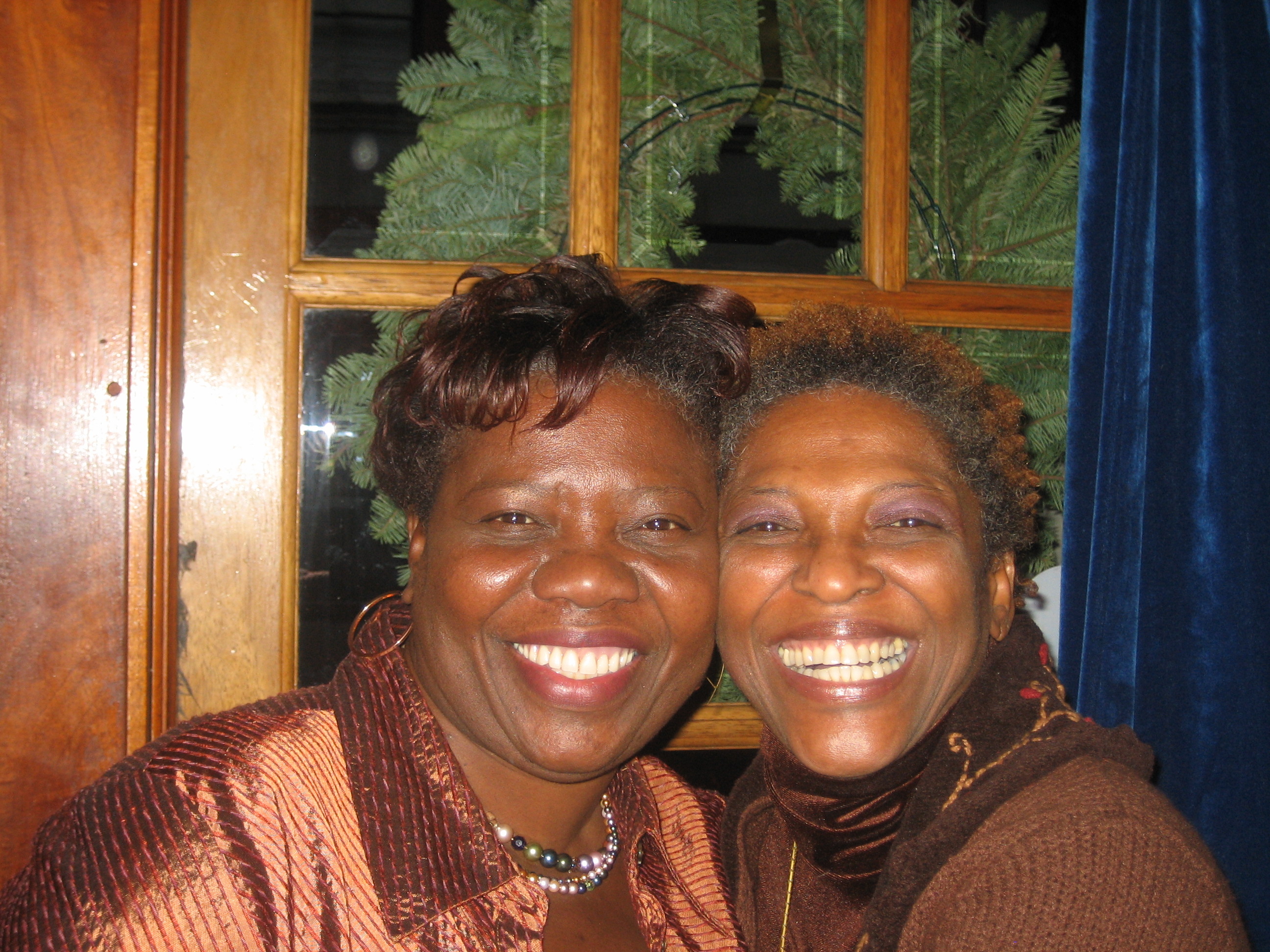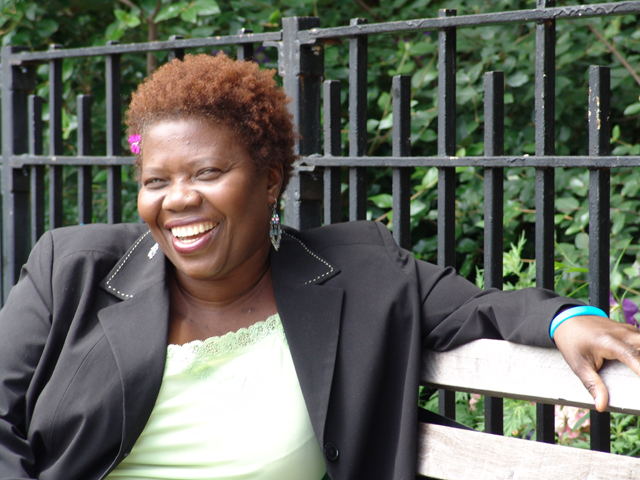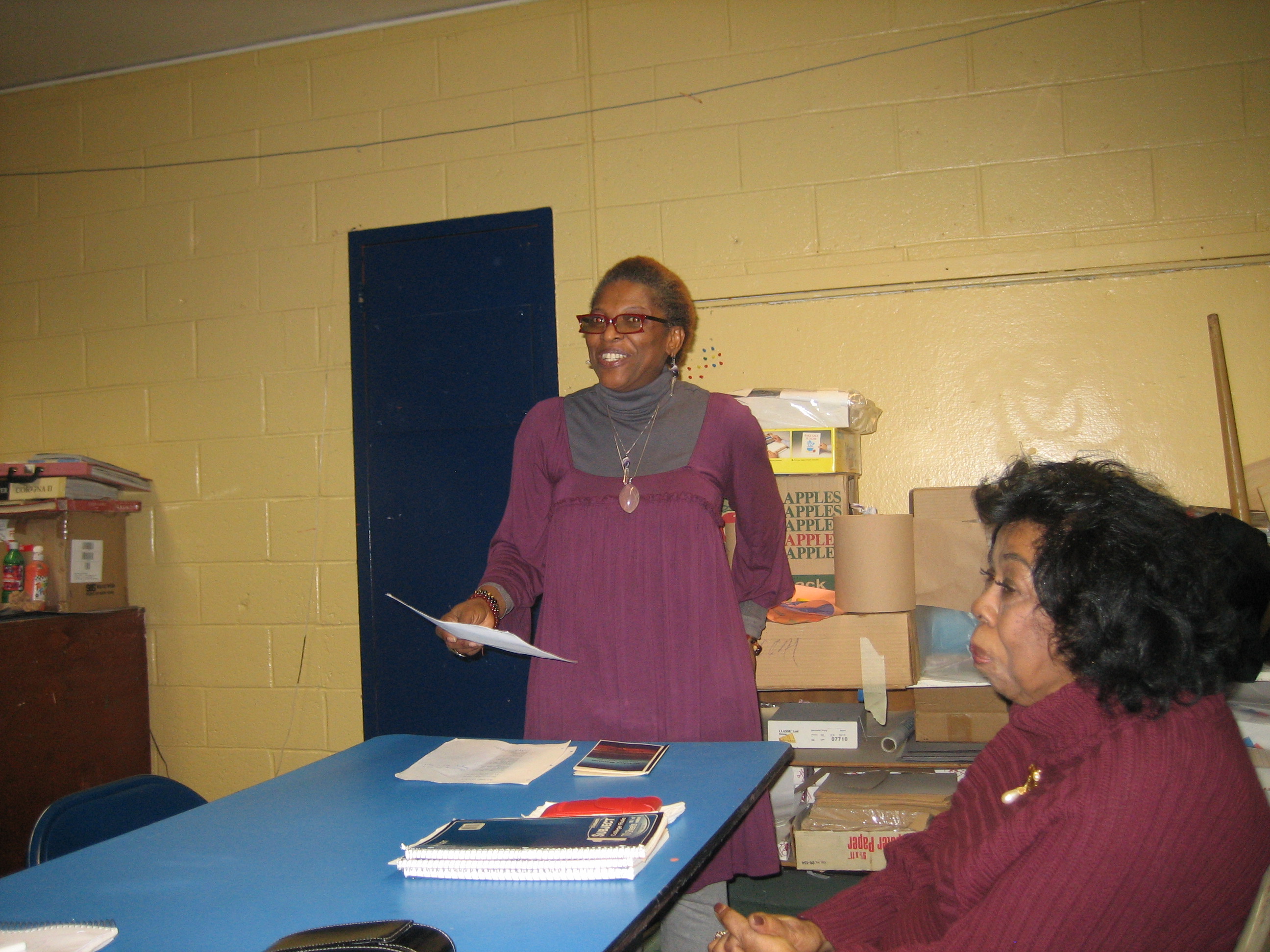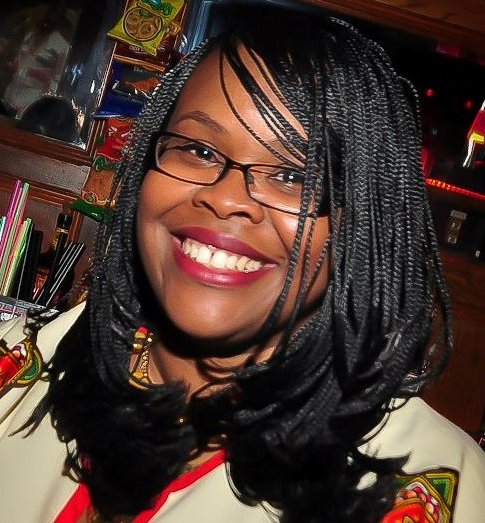Des Moines poet Jennifer Perrine has been a frequent feature in our Recent Winners pages over the past several years, due in no small part to the careful way she selects contests to enter and tracks presses' responses, and a willingness to dismantle and revise promising manuscripts until they transform into a perfect constellation.
In 2008 her debut collection, The Body Is No Machine (New Issues, 2007), won the Devil’s Kitchen Reading Award from Southern Illinois University. Her second book, In the Human Zoo, was published by University of Utah Press last May as part of another award, the Agha Shahid Ali Prize. Perrine's poems have also won competitions sponsored by the Robinson Jeffers Tor House Foundation, Third Coast, Bellingham Review, the Ledge, and Dorothy Sargent Rosenberg. The poet shared with us recently what she looks for in an contest, the true value of awards, and what not to expect from a writing competition.
What has inspired you to submit your work for particular awards?
Right now I’m most interested in contests that offer something unusual—something other than, or in addition to, a monetary award. I’m at a point now where I have two books in print, and awards that involve travel and readings seem like a particularly effective way to share those books with a wider audience. I also love awards that include travel because they expose me to new communities and landscapes and let me test out my curiosity in a new place. That sort of exploration inevitably leads me to write more poems—or at least, different poems.
I also have a particular fondness for letterpress and book arts, so I seek out contests sponsored by book arts centers or ones that award publication of poems as broadsides. Entering contests can be expensive, and I like the idea that whether I win or not, I’m helping to support this beautiful intersection of poetry and visual art.
I used to submit work quite often to more standard contests—ones that award a monetary prize and publication—but I do so less and less. After some early years of scattering poems to the wind and crossing my fingers, I started limiting myself to sending only to journals and presses that regularly publish poetry that I find pleasurable or challenging. More recently, because I’ve been on a tight budget, I’ve only been sending poetry to contests if I receive something in exchange for the entry fee—a year’s subscription to the journal, perhaps, or a copy of the book that bested the other eight hundred manuscripts. Like travel, exposure to great new poetry changes me, and that’s what I’m out to find—transformative experiences, not just something that will look good on a CV.
How did you know your manuscripts were ready to go out?
With individual poems, I tend to work on each one obsessively until I can’t think of any other possibilities to explore in the work. Then I send it out. I try to send it out at the point where I’m most excited about it; if I let poems sit too long while I move on to another project, I’ll start to gaze back on those older poems with hesitation or doubt. I’d rather put a poem into the world while I’m still surprised by what I’ve written, with the hope that some of that surprise will cling to the poem and reach the reader.
With book-length manuscripts, I take all my poems, spread them across the floor, and arrange them in various ways—removing some, inserting others—until I finally find some order that holds together as a book. I’m not necessarily looking for a theme, but usually patterns will emerge—recurring images, resonances between poems that were written months or years apart—that make the manuscript into something greater than the sum of its parts. I’ll submit a manuscript to several presses, note where it places as a finalist, and the next year I’ll repeat the process all over again, disassembling and rebuilding the manuscript until it finds its final incarnation—the one that a press turns into a book and sends out into the world. With each version of the manuscript, though, I always believe that those poems, ordered in that particular sequence, speak to each other in a way that creates constellations that are more illuminating when taken together and that aren’t dependent on a handful of standout stars.
Are you also submitting to publishers outside of competitions?
I submit individual poems outside of competitions all the time. I’ve also sent book-length manuscripts during the open reading periods to a couple of presses—Graywolf Press and Four Way Books—that I really love and that consistently publish great books.
It seems that many contests are geared toward publication of first or second books, so I’m sure I’ll be working out a new approach when I submit my next manuscript; I’ll inevitably be sending my work to more presses outside of competitions. That seems appropriate, though, because at this point in my writing life, I’m looking more for a press that wants to publish my work over the long haul than for the recognition a single prize confers.
Is there one prize that has been of particular value to you?
Really? You’re going to make me choose?
Again, the opportunity for travel is really important to me, so I’ve particularly appreciated the Mérida Fellowship Award from U.S. Poets in Mexico, during which I learned so much from fellow poets and from the people who live in and around Mérida; the Robinson Jeffers Tor House Prize, which opened me to the natural wonders of Point Lobos, Big Sur, and Carmel-by-the-Sea, as well as the stone-cold beauty of Tor House; the Devil’s Kitchen Reading Award, which was especially delightful because I got to meet the students who juried the competition, so I knew that there were young writers reading my book and finding something worthwhile there; and the Writers at Work Fellowship, during which I spent every day awestruck by the mountains around Salt Lake City and worked every night on assembling the initial version of my first manuscript.
Other awards have meant a great deal to me for other reasons. Early awards from Gertrude, the Connecticut Poetry Society, and the Fine Arts Work Center came just after I had returned to college after dropping out for a couple of years. Those awards gave me some sense that I had made the right choice when I decided to spend more time reading and writing poetry, and less time selling donuts and CDs. At the other end of the spectrum, winning the Agha Shahid Ali Poetry Prize was wonderful—it was such a relief to find a home for my second book and to know that my poetic muscles hadn’t atrophied after I finished graduate school and started teaching full-time. I know it sounds like a copout, but I value every award I’ve received because each one is a reminder that someone out there is reading my work with care and enthusiasm. I write through, about, and around events and ideas that are important to me; the gratification doesn’t come from the award itself, but from knowing that another human being values the same things I do. Each award reestablishes my connection to the reader, which I can sometimes forget when toiling away on a poem by myself.
What piece of advice do you have for writers looking to contests as a way to get their work into the world?
Decide what drives you to submit to contests. If you’re entering contests for affirmation or money, there are easier ways to earn both. Contests also aren’t the easiest way to get your work into the world; if you just want to get your work out there, you can start a blog, and you can self-publish your manuscript. If, on the other hand, you want to support journals and presses you love, submit work to them. If you have a strong desire to travel or to find a community of other poets, submit to contests that will lead you down that path.
Keep a tight rein on your ego and your envy. Be happy for your friends who win prizes, even—no, especially—if you were competing for the same award. Be gracious, and remember that you’re doing this for the love of poetry, not to be a superstar. If I’m wrong, and you do want to be a superstar, try out for a reality TV show—you’ll have a much larger audience.
Be organized. Make life easier on the contest readers—who are usually your fellow poets—by keeping track of your submissions, so you can notify them if you need to withdraw a piece.
Let your rejections feed your work. Use them as a reminder to keep writing, to keep revising, to keep sending more work out, knowing that one day your poetry will kindle a sense of connection in a reader, someone who will see your poems as kin and give them a home.
Whatever you do, don’t give up. Whatever you do, enjoy the work.
 Each week the group read poems by poets they had never heard of before. Whenever participants asked about her life or her work, Rodlyn never hesitated to share her personal stories.
Each week the group read poems by poets they had never heard of before. Whenever participants asked about her life or her work, Rodlyn never hesitated to share her personal stories.




 The workshop had a wonderful mix of seniors, which made for interesting and, sometimes, challenging sessions. Among our members were a retired school principal, a fashion designer, a WWII veteran, a fiction writer, a multi-lingual social worker, and a Caribbean heiress. Some of them were shy, while others had a more take charge attitude.
The workshop had a wonderful mix of seniors, which made for interesting and, sometimes, challenging sessions. Among our members were a retired school principal, a fashion designer, a WWII veteran, a fiction writer, a multi-lingual social worker, and a Caribbean heiress. Some of them were shy, while others had a more take charge attitude. During that year, we collected poems and stories for an anthology and made art
During that year, we collected poems and stories for an anthology and made art What makes the Soulflower Group unique?
What makes the Soulflower Group unique?